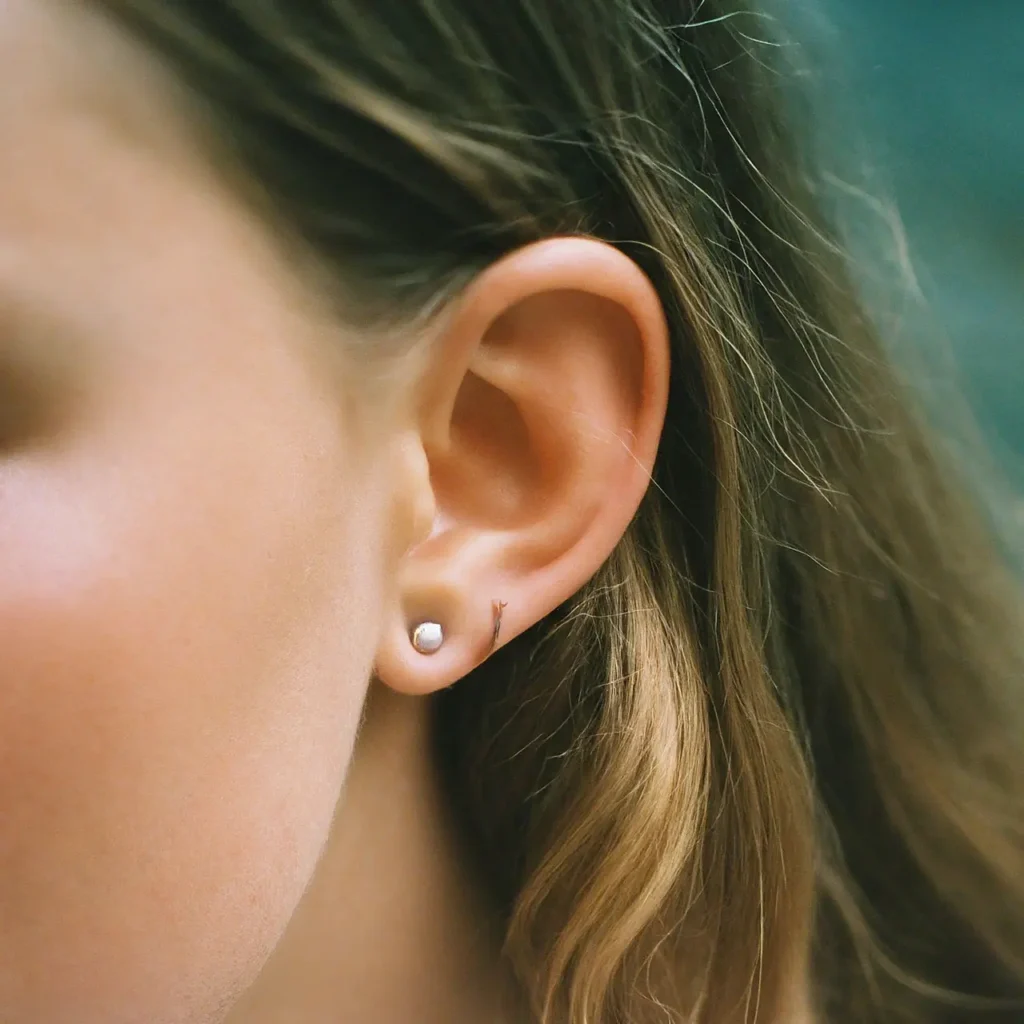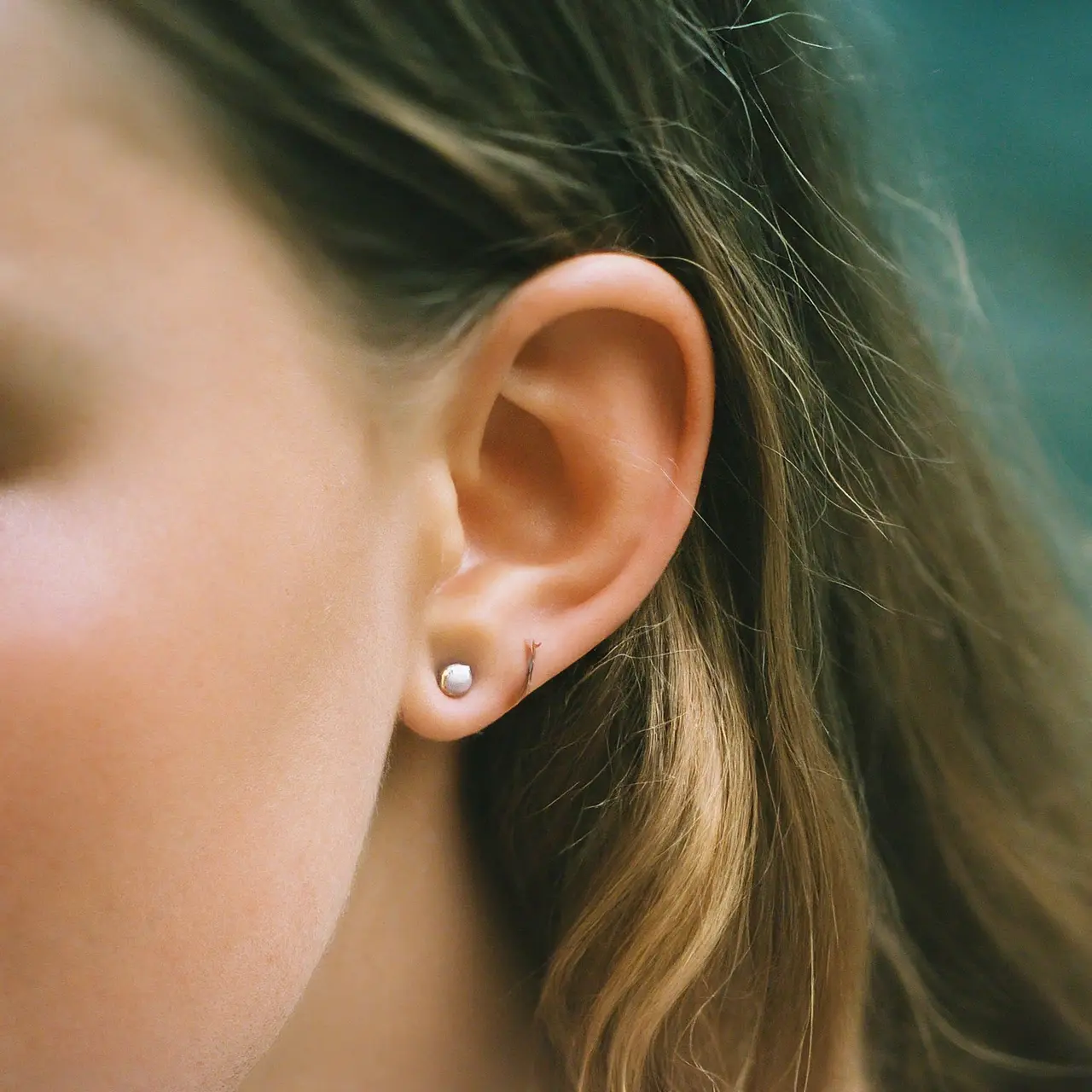Exploring the intriguing connection between ear piercing and its potential health benefits, this blog aims to demystify common myths and shine a light on what science says about this popular practice.
Introduction to Ear Piercing
A historical and cultural overview, touching on its popularity and the common assumptions about ear piercing. Ear piercing is not just a modern form of body art but a practice steeped in history and tradition. Across various cultures, it has been associated with rituals, social status, and beauty. Today, it’s widely adopted for personal expression, with many also curious about its health implications.
Interestingly, ear piercing has evolved over centuries, and its practice has been influenced by myriad cultural, medical, and aesthetic considerations. The process, once manually done with rudimentary tools, has seen advancements that emphasize safety and health.
Common Health Claims
Examining the most prevalent health-related claims associated with ear piercing, from acupuncture points to improved vision theories. Some people believe that ear piercing can influence wellbeing, citing traditional practices and anecdotal evidence. These claims range from improved vision to the alleviation of migraine symptoms, though scientific backing is limited.
One of the most talked-about points is the connection between certain ear piercing locations and acupuncture points. Proponents suggest that piercing at these points can mimic the effects of acupuncture, potentially offering benefits like reduced anxiety or headache relief.
Scientific Perspective
What does current research say about the health benefits of ear piercing, and how much of it is evidence-based? The truth is, scientific research directly connecting ear piercing with health benefits is sparse. When it comes to claims regarding acupuncture points, for example, the evidence is more anecdotal than scientifically proven.
However, it’s worth noting that the placebo effect can be powerful, and if individuals believe their piercings have health benefits, they might perceive an improvement in their conditions, regardless of scientific validation. That said, this doesn’t discount the need for further research in this intriguing intersection of culture, health, and body modification.
Potential Benefits
A closer look at any potential health benefits, including stress relief, headache mitigation, and immunity effects, if any. While direct benefits may be few, some report subjective improvements in their wellbeing after getting pierced. This could be attributed to a boost in self-esteem or personal satisfaction, rather than a physiological change.
Furthermore, the act of choosing and undergoing ear piercing can serve as a form of expression and control over one’s body, potentially leading to psychological benefits. It’s also speculated that the process could stimulate the immune system in a minor way, similar to how vaccines work, though this has not been scientifically proven.
Risks and Considerations
Understanding the risks associated with ear piercing, including infections and allergic reactions, and how to minimize them. Any break in the skin, including those from ear piercings, brings a risk of infection. Choosing a reputable piercer who follows proper hygiene practices is crucial.
It’s also important to follow aftercare instructions faithfully and be aware of signs of infection or allergic reaction. Using hypoallergenic materials for piercings, such as titanium or gold, can help minimize allergic reactions.
Complications, while rare, can occur and it’s vital to consider these risks seriously. Issues such as keloids (scar tissue buildup) and nerve damage, though uncommon, underscore the importance of professional piercing services and informed decision-making.
Making an Informed Decision
Tips for those considering ear piercing, including choosing a reputable piercer and proper aftercare practices. Doing thorough research and selecting a piercing professional with a solid reputation for cleanliness and safety can dramatically reduce risks.
Moreover, understanding the healing process and committing to good hygiene practices, like regular cleaning and avoiding unnecessary touching, are key steps in ensuring a healthy piercing experience. Being informed about the potential risks and benefits can guide individuals to make choices that align with their personal health and aesthetic preferences.
Piercing the Veil: Weighing the Health Benefits
While the health benefits of ear piercing may not be vast or medically substantiated, the practice offers a mix of potential minor benefits and cultural significance that continue to make it a popular choice worldwide. Remember, the key is to make well-informed decisions and ensure proper care and hygiene if you decide to get an ear piercing.


